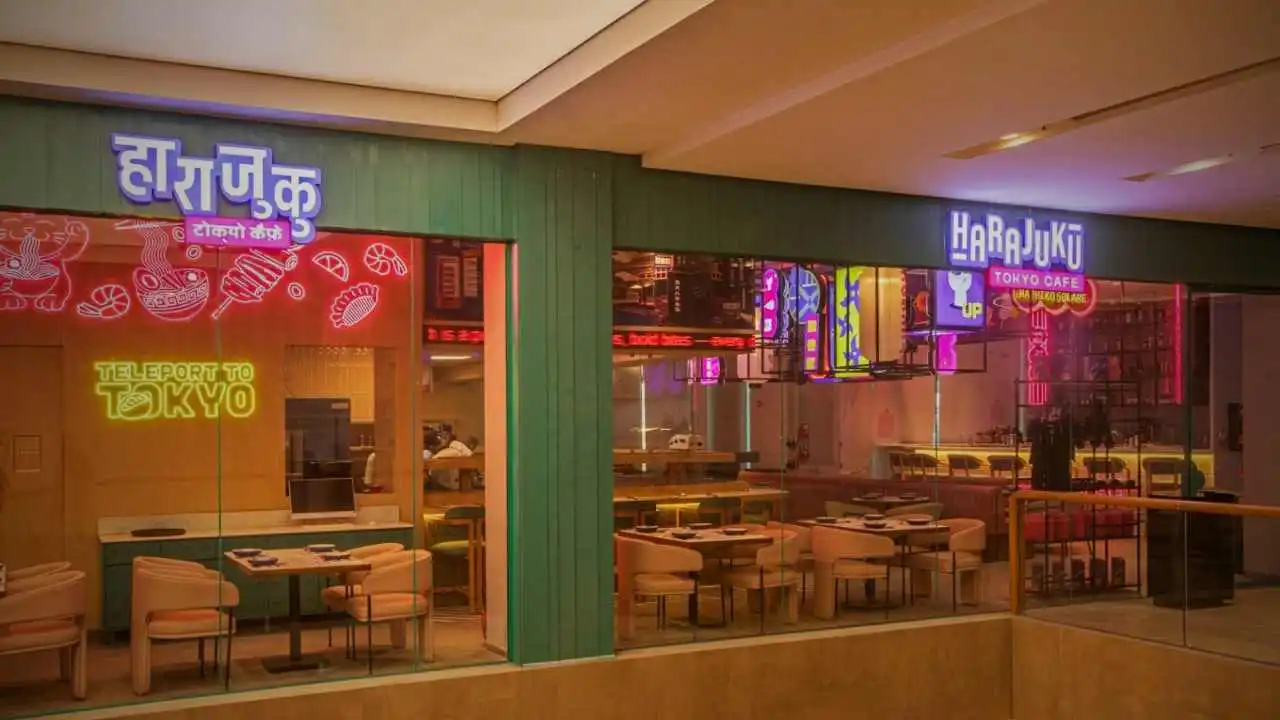Harajuku Tokyo Café, a popular Japanese casual dining and QSR chain, has raised $2 million in fresh funding. The investment aims to strengthen operations, open new outlets, and sharpen the brand’s menu and service model.
The chain is known for blending casual Japanese café culture with quick-service restaurant (QSR) efficiency. With this capital, Harajuku Tokyo Café plans to accelerate expansion in key urban markets and improve supply chain and digital ordering capabilities.
Why this matters for Indian consumers
India’s love for Japanese food — from ramen and sushi to bubble tea and matcha desserts — is growing fast. Cities such as Mumbai, Bengaluru, and Delhi are seeing a steady rise in Japanese-themed cafés and quick-service outlets. The Harajuku brand’s focus on accessible, casual dining could resonate well with Indian diners seeking affordable, Instagram-worthy meals.
Casual Japanese cafés often attract young customers and families, a segment that’s expanding rapidly in India thanks to rising disposable incomes and greater dining-out frequency.
How the funds are likely to be used
- Strengthening kitchen and supply chain operations for consistent quality
- Rolling out new outlets and pop-up formats to test locations fast
- Investing in digital ordering, delivery partnerships, and in-store experience
These moves reflect global trends where QSR brands invest in speed, menu innovation, and tech to stay competitive.
Opportunities for Indian restaurateurs and investors
For entrepreneurs and restaurateurs in India, the Harajuku Tokyo Café story highlights a few trends:
- Growing appetite for international café concepts at affordable price points
- Importance of combining dine-in experience with seamless delivery and takeaway
- Potential for franchising or collaboration with established local partners
Investors watching the F&B sector should note the continued interest in brands that can scale quickly while keeping unit economics healthy.
Bottom line
The $2 million funding for Harajuku Tokyo Café is another sign that Japanese casual dining is moving from niche to mainstream. For Indian diners and foodpreneurs, it’s a cue to explore new café concepts, partnerships, and menu innovations that bridge global tastes with local preferences.
